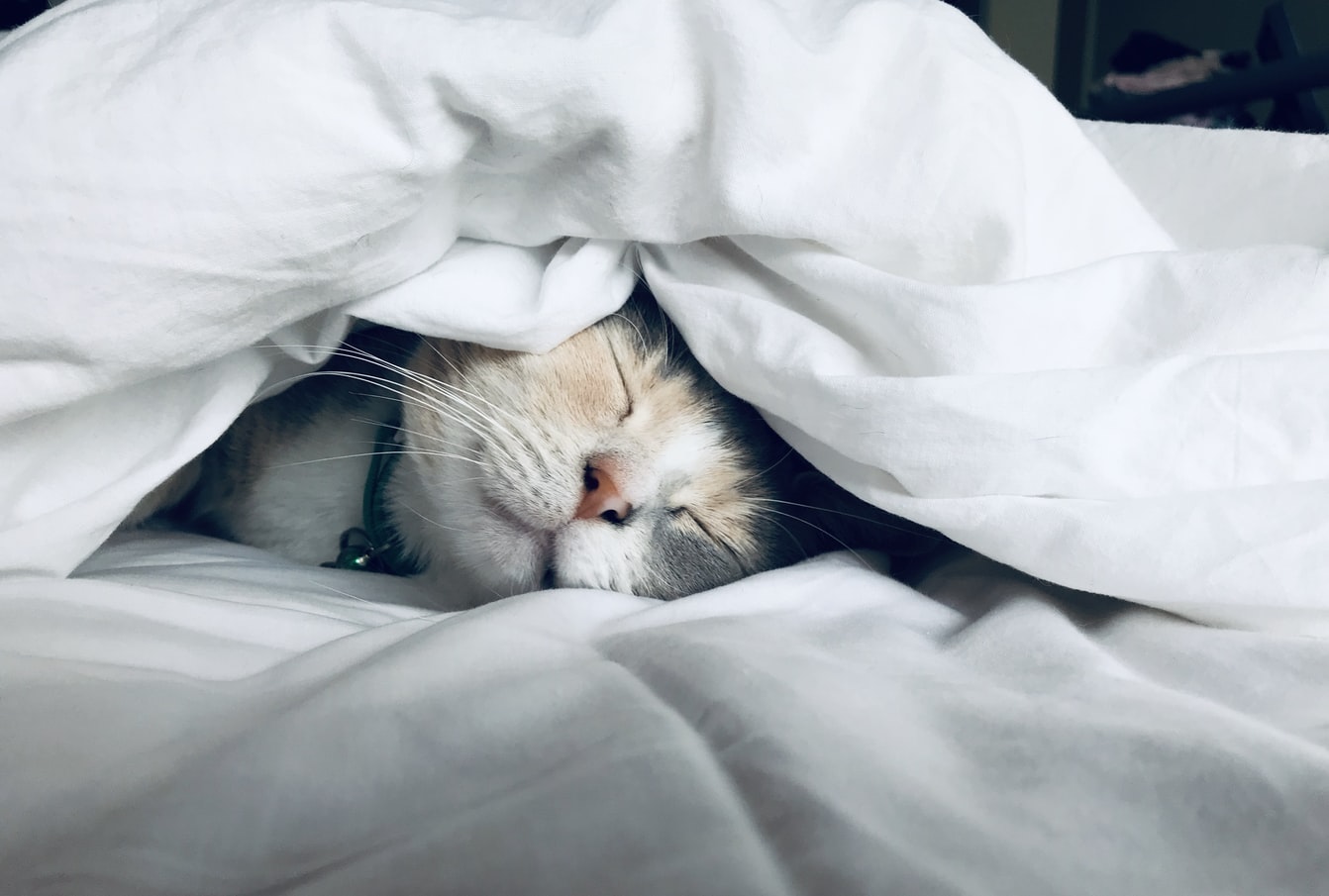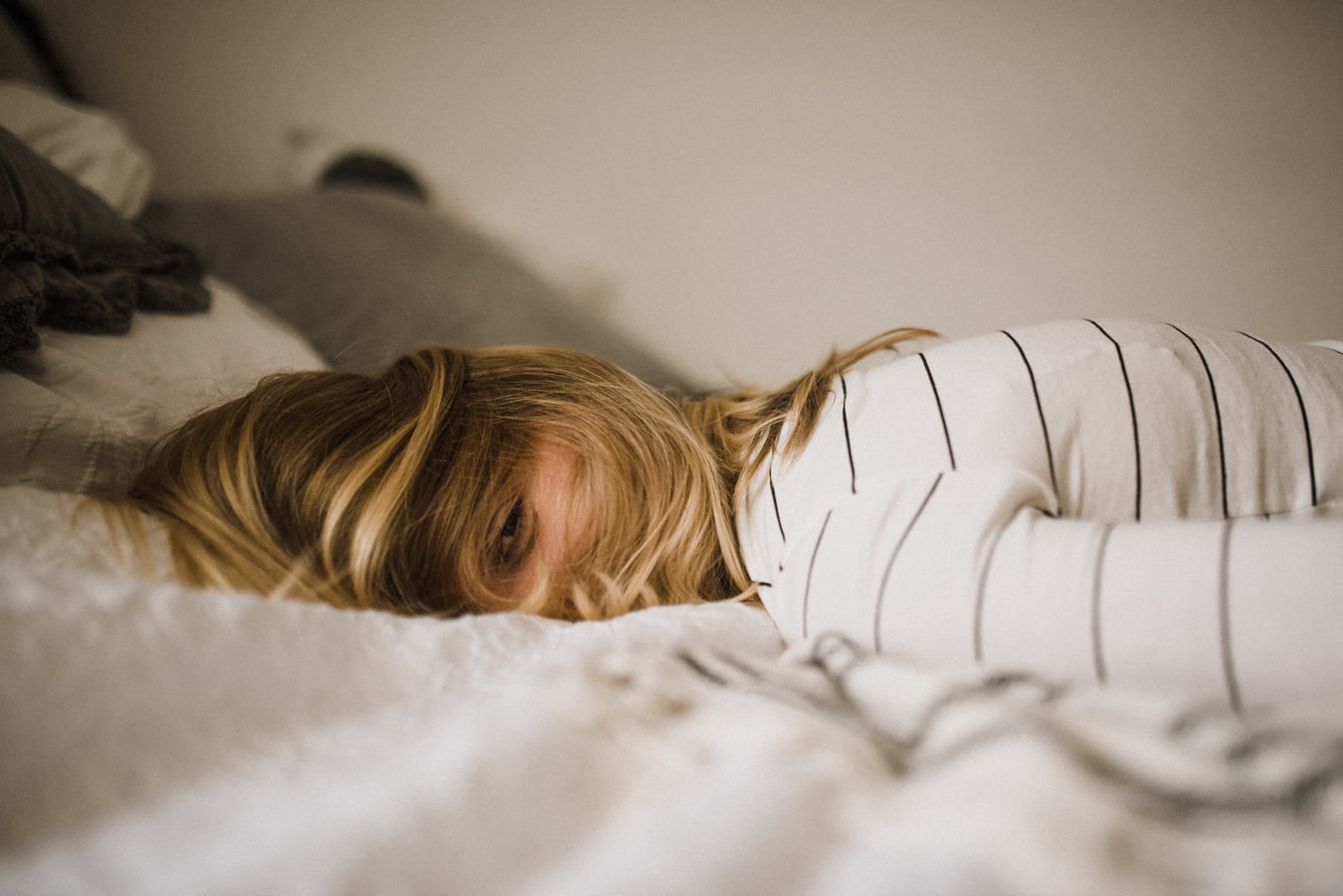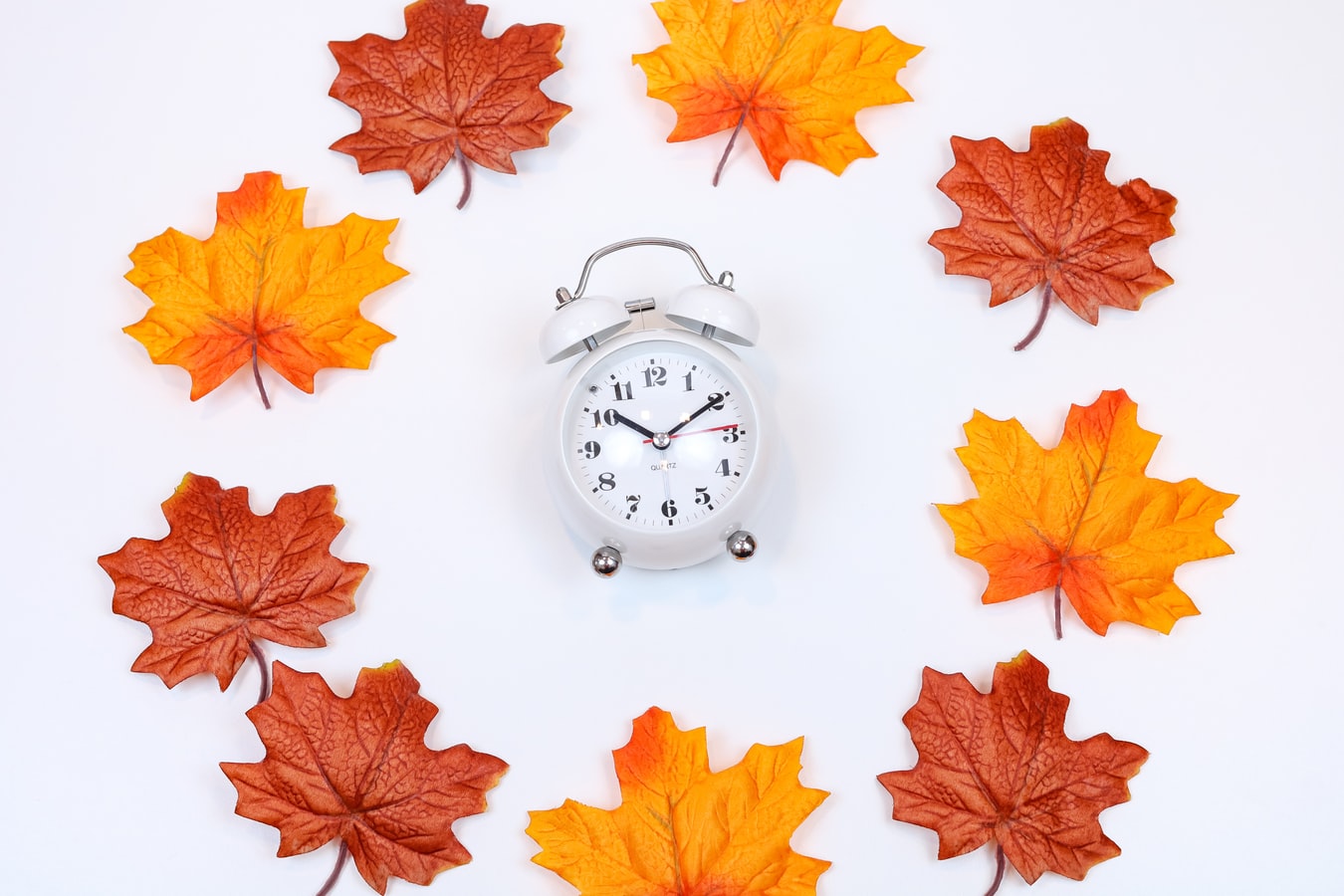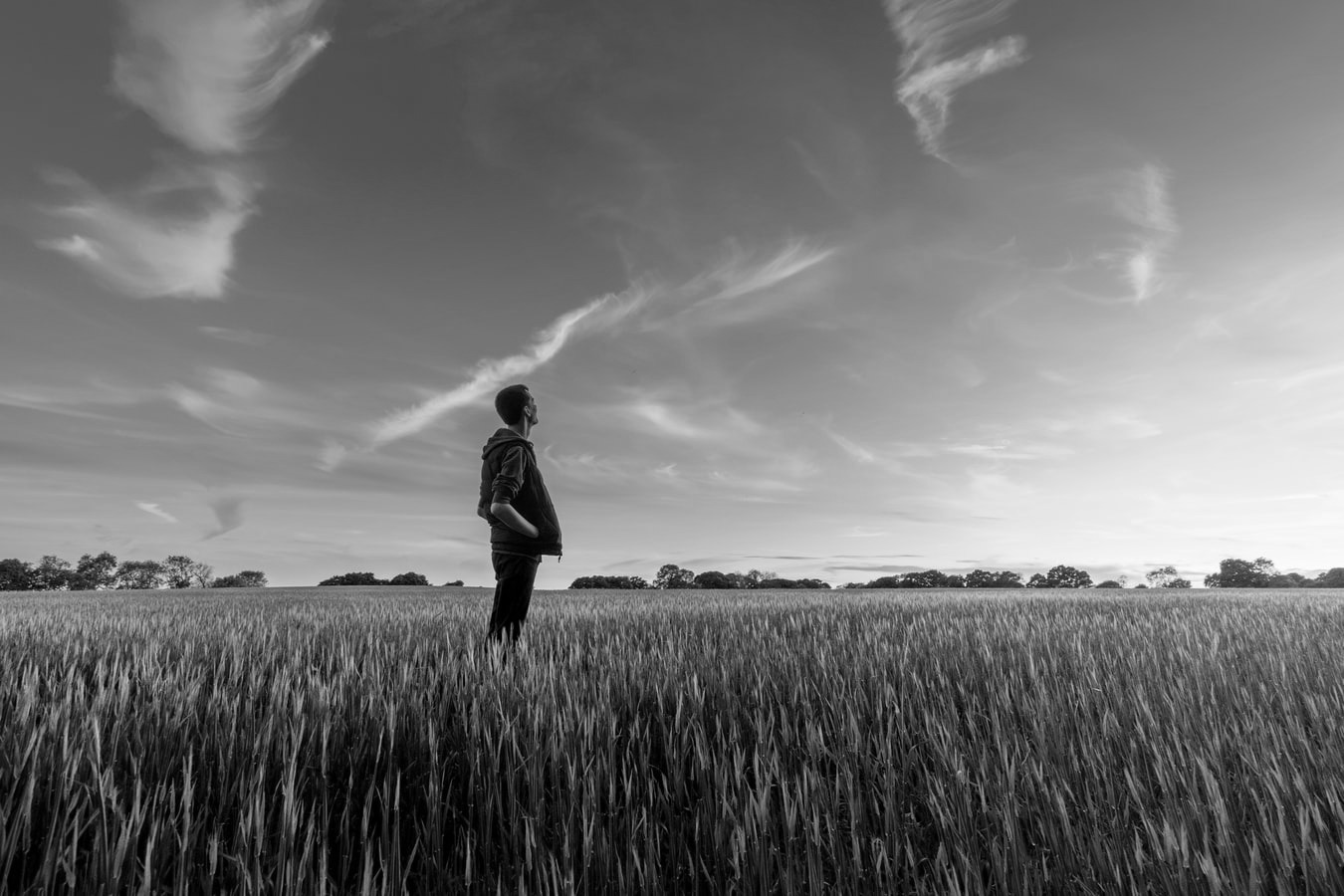20 Fascinating Sleep Facts You Never Knew About
Sleep is important. We all know this. Much of our time on this planet is spent asleep. With it being recommended that we get 7-8 hours of sleep a day, that adds up to quite a large chuck of time. One-third of our lives will be spent asleep, helping us to recuperate from the day just gone.
Much of what we truly know about sleep has largely been found out over the last 25 years. Before then sleep was much more of a mystery to us. And if you're fascinated by sleep like me, then I'm sure these sleep facts will interest you.








